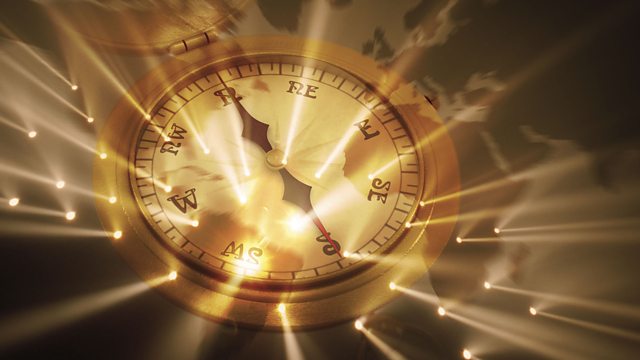The School of English’s Vybarr Cregan-Reid looks at what the modern world is doing to our bodies and how they are changing in different ways, in different parts of the world.
For nearly two million years we evolved in close synch with our environment but 250 years ago the industrial revolution happened and changed everything. The innovation and technology it brought had many benefits but there was a physical cost as progress also designed out movement from our lives.
From spending hours on our feet outdoors, our jobs have moved indoors and largely involve sitting down for most of the day in offices, factories or driver cabs. It has resulted in feet that are getting flatter, backs that are weaker and eyes that can’t see very much without help.
Vybarr hears from evolutionary biologists, academics, anatomists and public health professionals in Singapore, Kenya, Australia, the UK and the United States; about the impact of modern life on our physical self and what we can do to return our bodies to the state that nature intended.
The good news is there is no need to spend hours on treadmills or pumping iron, in fact we would injure ourselves a lot less if we were a bit more cautious when exercising. Our bodies are marvellously adaptable and re-introducing small movements into our daily lives in most cases will do the trick!
“Changing World; Changing Bodies” airs on The Compass, BBC World Service on 15th May at 03:32 and will then be available on the The BBC World Service Website.
Dr Vybarr Cregan-Reid is a reader in English and Environmental Humanities at the School of English
His latest book, Primate Change: How the World We Made is Remaking Us is published by Octopus

